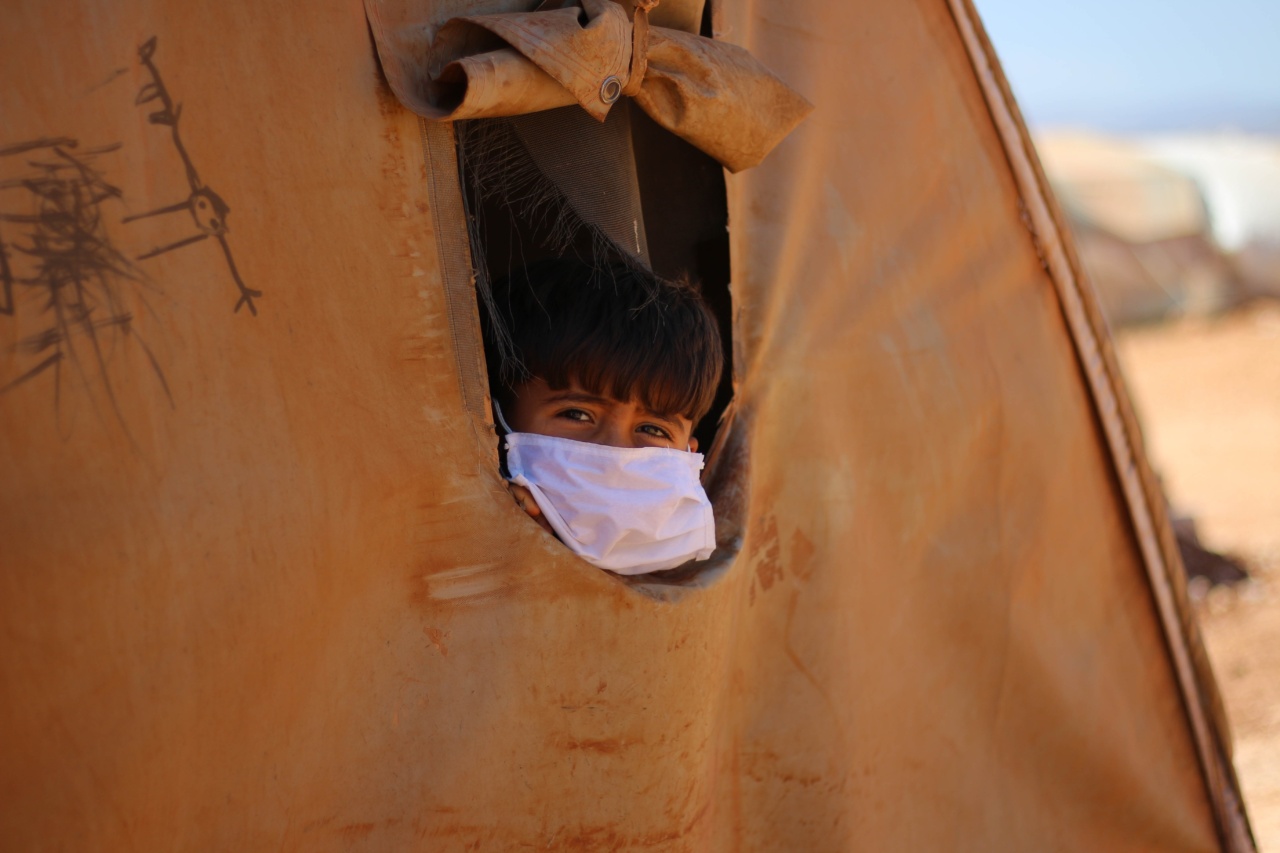Cancer is a devastating disease that affects millions of people worldwide. While there are many known risk factors for various types of cancer, there are also some seemingly innocent habits that can potentially increase your cancer risk.
It’s important to be aware of these habits and make the necessary lifestyle changes to reduce your risk. In this article, we will explore ten such habits that you might not realize are impacting your risk of developing cancer.
1. Using Tobacco Products
Using tobacco products, including smoking cigarettes, cigars, and pipes, as well as chewing tobacco, is one of the leading causes of cancer.
Tobacco contains harmful chemicals that can damage DNA and other genetic material, leading to the development of cancerous cells. It is strongly advised to quit smoking or using any form of tobacco to lower your cancer risk.
2. Excessive Alcohol Consumption
While an occasional glass of wine or beer may not pose a significant risk, excessive alcohol consumption has been linked to an increased risk of various types of cancer. This includes cancers of the mouth, throat, liver, breast, and colon.
To reduce your cancer risk, it is recommended to limit your alcohol intake and drink in moderation, if at all.
3. Unhealthy Diet
The food you eat plays a significant role in your overall health and wellbeing, including your cancer risk.
Consuming a diet high in processed foods, red and processed meats, sugary snacks, and low in fruits, vegetables, and whole grains can increase your risk of developing cancer. Opt for a balanced and nutritious diet, rich in fresh fruits and vegetables, lean proteins, and whole grains to reduce your cancer risk.
4. Sedentary Lifestyle
Leading a sedentary lifestyle, characterized by prolonged periods of sitting or inactivity, has been associated with an increased risk of certain types of cancer, such as colorectal, lung, and breast cancer.
Regular physical activity helps maintain a healthy weight, strengthens the immune system, and reduces inflammation, all of which play a crucial role in cancer prevention. Aim for at least 150 minutes of moderate-intensity exercise each week.
5. Sun Exposure Without Protection
Spending too much time in the sun without proper protection can increase your risk of developing skin cancer, particularly melanoma.
Excessive sun exposure, especially during peak hours, can damage the DNA in your skin cells, leading to the growth of abnormal cells and the formation of cancerous tumors. Always wear sunscreen, protective clothing, and limit your time in the sun, especially between 10 am and 4 pm.
6. Ignoring Sleep Hygiene
Sleep is vital for overall health and wellbeing, and chronic sleep deprivation or poor sleep quality can have a negative impact on your immune system and increase your risk of cancer.
Aim for at least seven to eight hours of quality sleep every night and practice good sleep hygiene, such as creating a relaxing bedtime routine and ensuring a dark, quiet, and comfortable sleep environment.
7. Exposure to Environmental Toxins
Many of the products we use in our daily lives, such as cleaning supplies, pesticides, and certain cosmetics, contain harmful chemicals that can increase your cancer risk.
Limit your exposure to these toxins by opting for natural and environmentally-friendly alternatives whenever possible. Additionally, be mindful of pollution levels in your surroundings and take appropriate measures to minimize exposure.
8. Ignoring Healthcare Screenings
Regular healthcare screenings, such as mammograms, pap smears, colonoscopies, and skin checks, can help detect cancer at its earliest stages when it is most treatable.
Ignoring or delaying these screenings can significantly increase your risk of advanced-stage cancer. Make it a priority to schedule and attend recommended screenings based on your age, gender, and family history.
9. Stress and Mental Health
Chronic stress and poor mental health can have a detrimental impact on your overall wellbeing and potentially increase your cancer risk.
Prolonged stress weakens the immune system and disrupts various bodily functions, making your body more susceptible to the development and spread of cancer cells. Practice stress-reducing techniques, such as meditation, deep breathing exercises, and seeking support when needed, to improve and maintain your mental health.
10. Not Seeking Vaccinations
Vaccines are essential tools in preventing certain types of cancer. Human papillomavirus (HPV) vaccines, for example, can protect against cervical, anal, and some oral cancers. Hepatitis B vaccine can prevent liver cancer.
It is crucial to consult with your healthcare provider and ensure you are up to date with all the recommended vaccinations for your age and condition.































